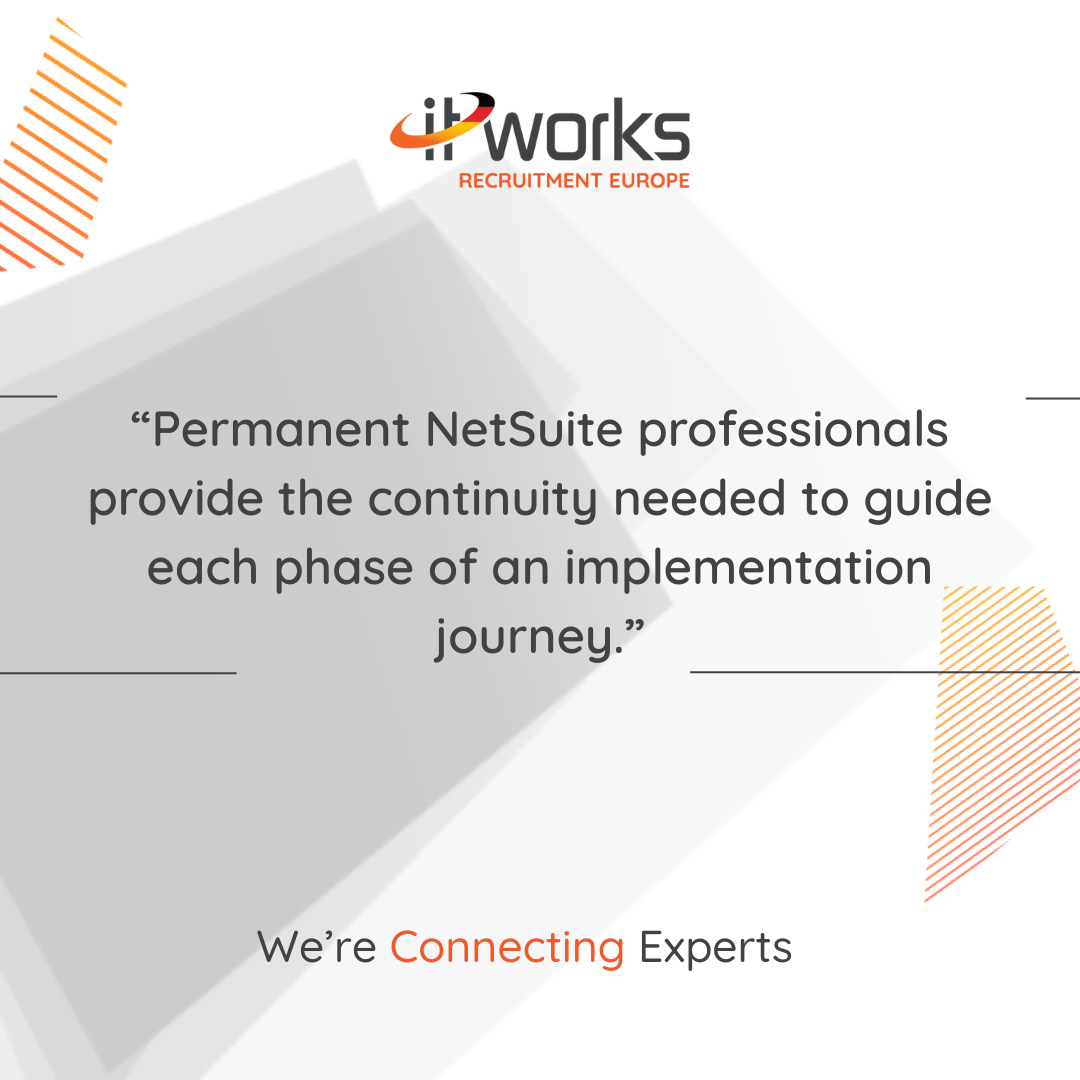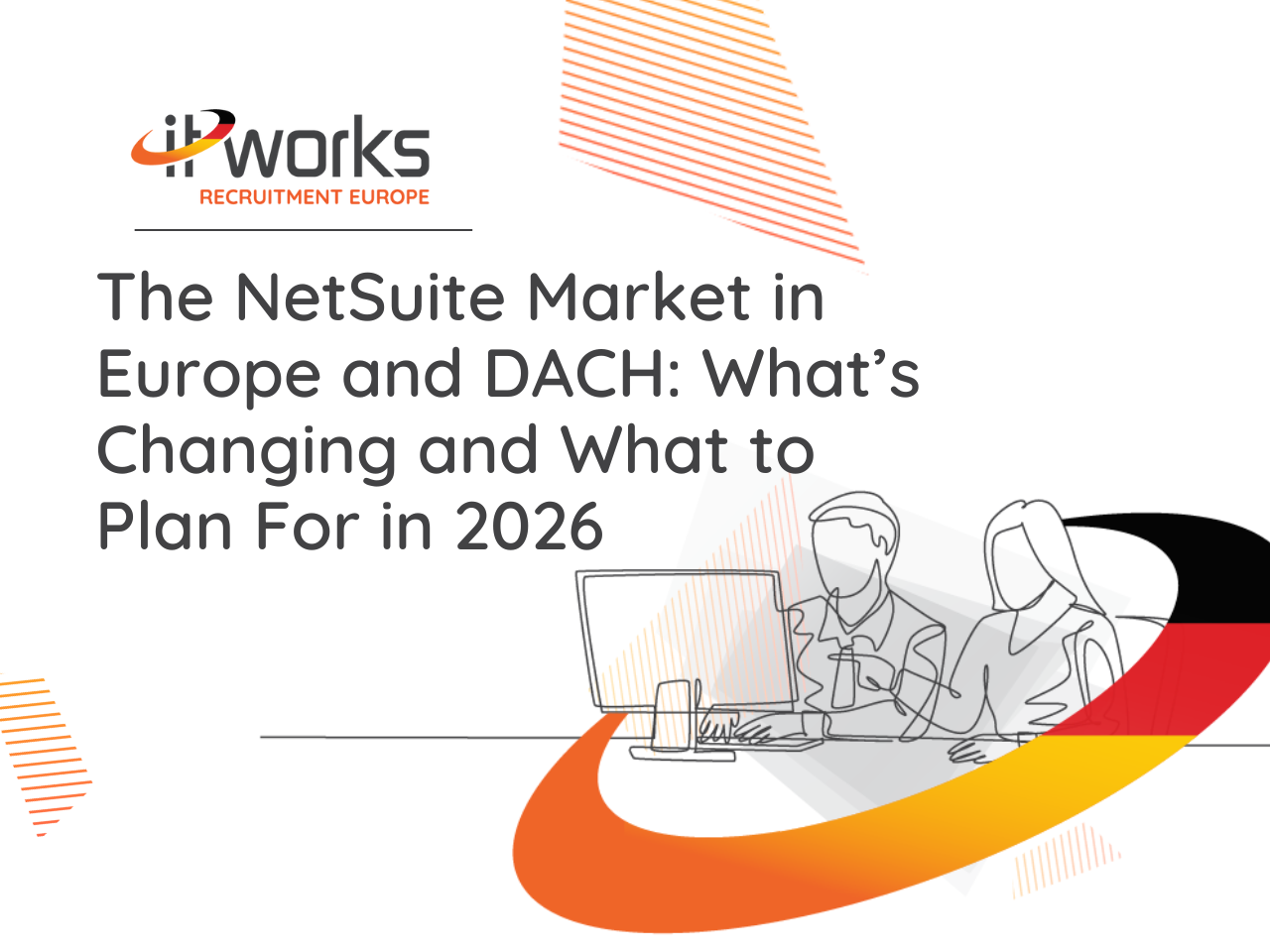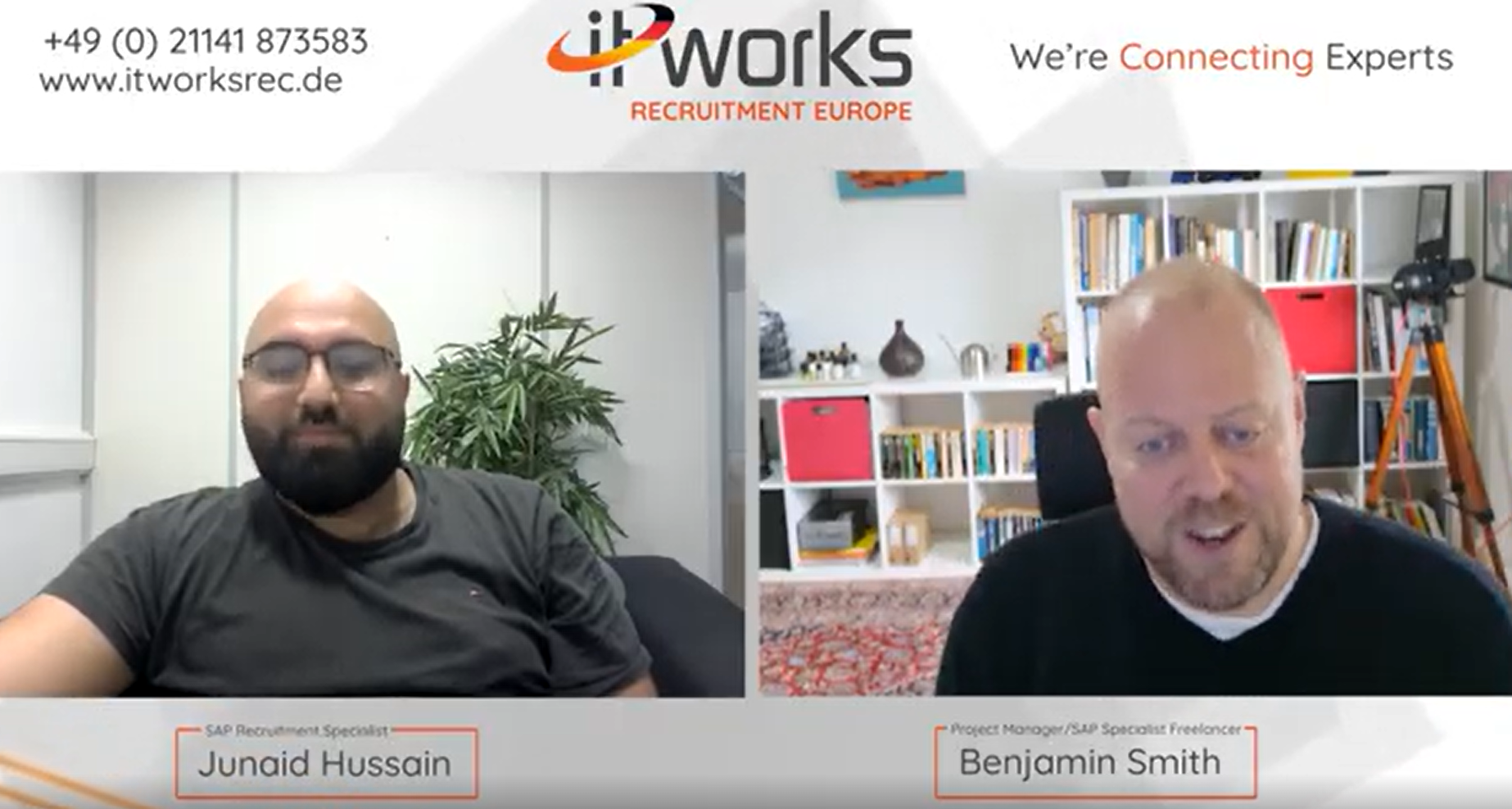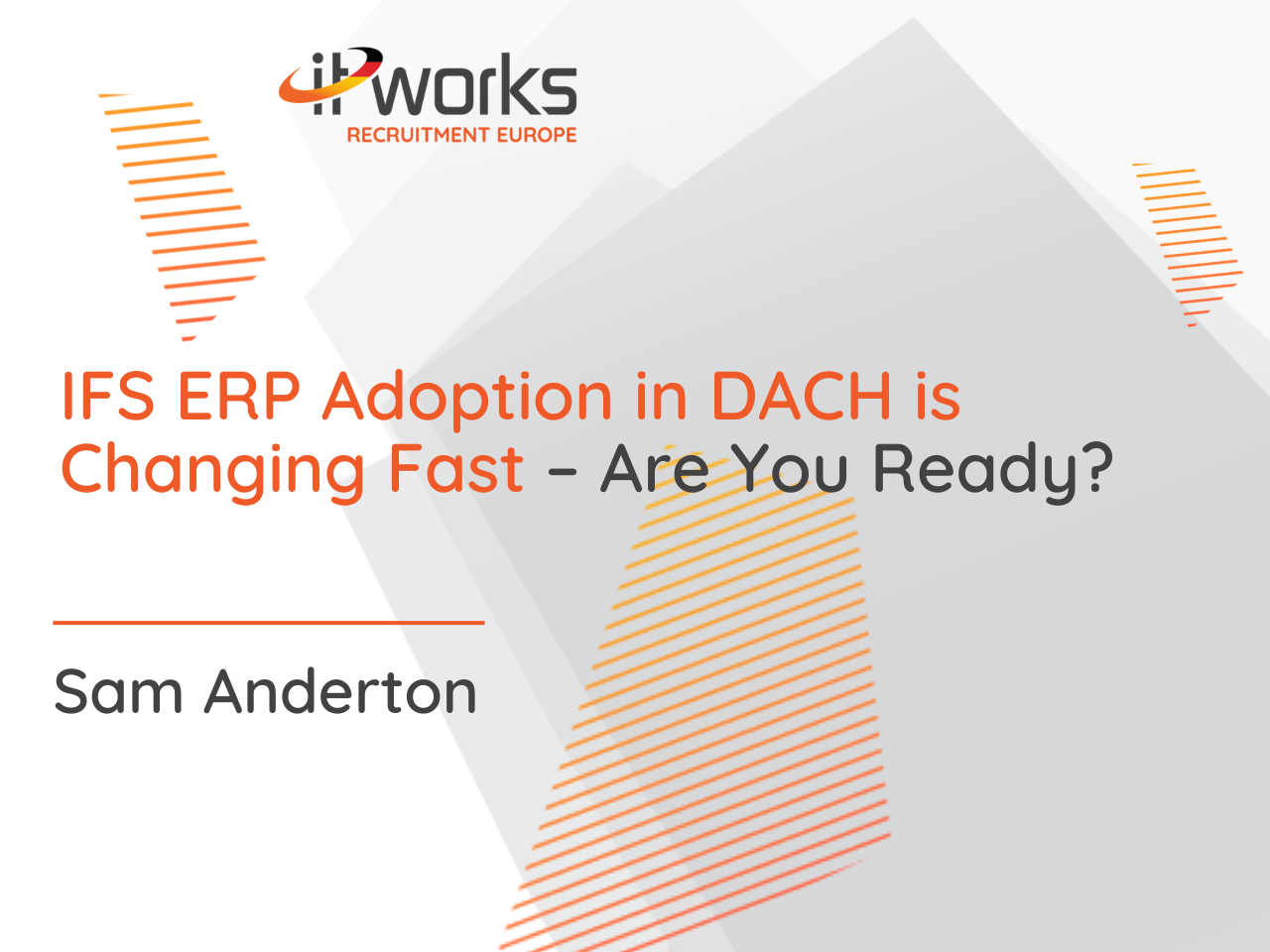In recent years, NetSuite has steadily moved from being perceived as a tool for small businesses to becoming a serious contender in the midmarket and scale-up ERP space. Now, in 2025, it’s clear that NetSuite has found its footing as the platform of choice for many of Europe’s most dynamic, fast-growing companies.
Organisations across the continent are choosing NetSuite not just because of brand recognition, but because it offers something essential for today’s business landscape: speed, flexibility, and scale.
Who’s Choosing NetSuite in Europe?
NetSuite’s European growth is being driven by a specific type of business - typically ambitious, fast-scaling, and either tech-enabled or digitally native. Some of the most common profiles include:
- Pan-European startups looking for quick deployment and standardised reporting across multiple markets
- DTC eCommerce businesses needing real-time inventory, fulfilment, and finance integration
- Private equity-backed scaleups requiring a future-proof ERP that can support rapid international expansion and acquisition activity
For these organisations, NetSuite strikes the right balance between functionality and agility. It’s robust enough to serve as the operational backbone, yet flexible enough to avoid the delays and cost overruns often associated with larger, enterprise-heavy ERP platforms.
What Sets NetSuite Apart?
A few key features are consistently cited as reasons behind NetSuite’s popularity:
Native multi-subsidiary and multi-currency support
NetSuite’s financial engine is built with international businesses in mind. It allows centralised reporting and local compliance across multiple entities, currencies, and tax jurisdictions - without the need for extensive customisation.
Rapid deployment with SuiteSuccess
NetSuite’s SuiteSuccess methodology is designed to accelerate time-to-value by providing industry-specific configurations, best practices, and phased rollout options. Businesses can go live in a matter of weeks, not months.
Cloud-native from day one
NetSuite has been built for the cloud since the beginning. That gives it a significant architectural advantage - particularly when compared to traditional on-premise ERPs that have been adapted (often awkwardly) for cloud delivery.
More Than a Small Business Tool
There’s a lingering perception in some circles that NetSuite is best suited to smaller companies. That narrative is increasingly outdated. In 2025, NetSuite is being adopted by businesses with complex operations, multinational structures, and sophisticated reporting needs.
What makes it stand out is not just its ease of use or speed of deployment, but its ability to scale with the business - from early growth through to IPO or acquisition. This makes it a particularly attractive option for PE firms, growth-stage CFOs, and tech-driven leadership teams who want a system that can grow as they do.
Final Thoughts
NetSuite is no longer the underdog in the ERP race. For Europe’s new economy - companies that are lean, fast-moving, and globally minded - it’s becoming the go-to platform for driving operational clarity, financial control, and cross-border growth.
As a business, we’re seeing a marked increase in demand for NetSuite expertise across finance, implementation, support, and functional consultancy. Whether you're building a team or considering the switch, it’s a space well worth watching.




